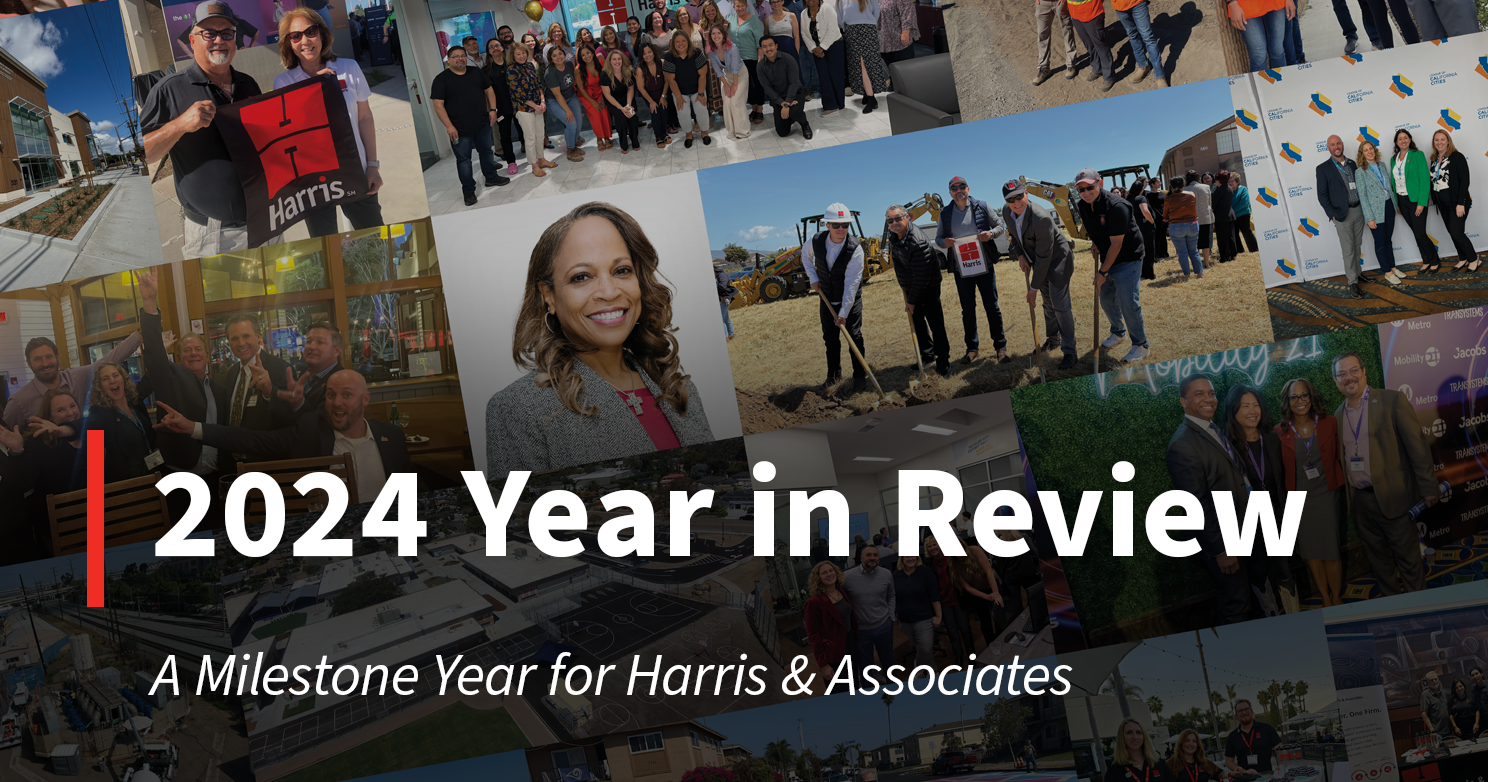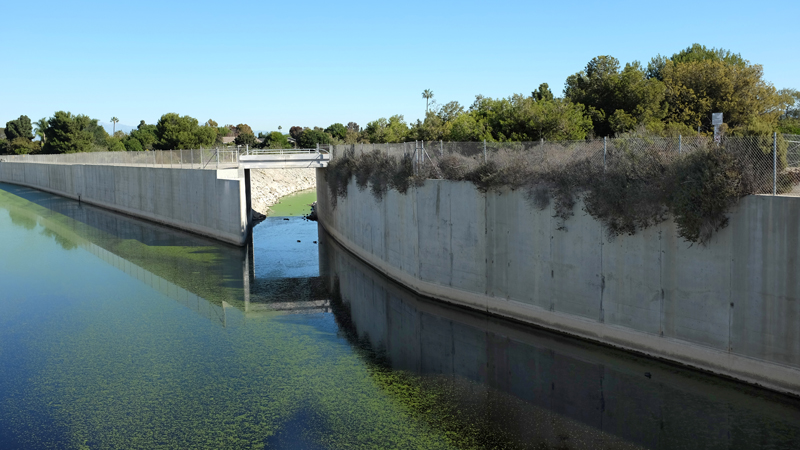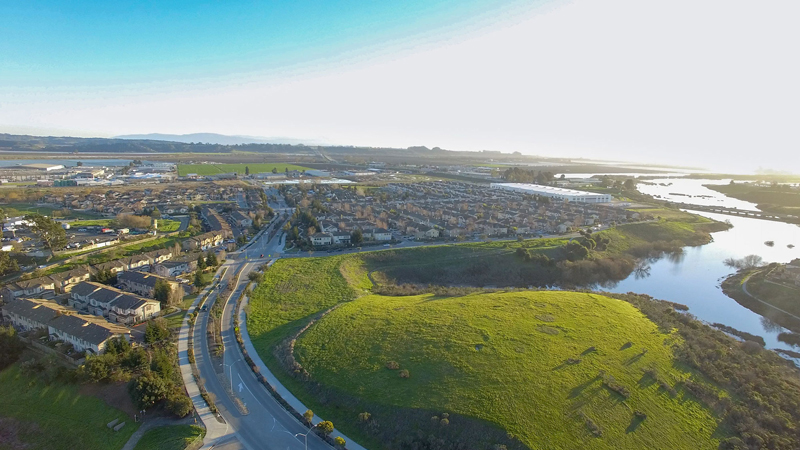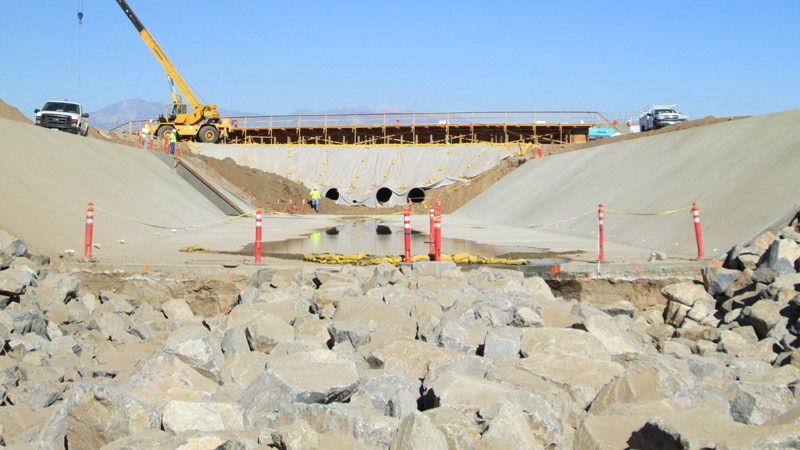3.6 minute read
November 23, 2021
Roughly one-fourth of the nation’s food supply comes from California’s Central Valley, yet many of the region’s residents can neither drink nor cook with the water from their own faucets.1 On top of their monthly water bills, residents must often rely on buying bottled water for their supply of safe, healthy drinking water.
Similar stories are playing out across the state, as cities and water agencies struggle to keep up with failing infrastructure, aging pipes, dried-up wells, and more. These problems are especially prevalent in low-income communities, which leads to serious concerns about water equity.
Despite a forward-looking 2012 state law (AB 685) that recognized a human right to water and mandated that safe water be available to all Californians, more than 1 million Californians lack reliable access to clean water.
Without question, working in the water field has become harder than ever due to increased regulations and expenses, staff shortages, and greater scrutiny from stakeholders.
But there is some good news and reason for hope.
A goldrush of resources
Through state and federal government grants, including the American Rescue Plan, communities now have access to billions of dollars in funding to help with water equity and other water-related issues.
As a result, new questions have emerged:
- How can cities and agencies get their share of funding?
- In situations with little to no management infrastructure, how can they translate funding into sustained progress?
- How can understaffed departments take on an influx of projects?
Answering these questions often requires the use of outside consultants to supplement internal staff and fill capability gaps. By bringing in expert reinforcements, cities and agencies add an essential layer of support they can leverage for:
- Tackling critical tasks: For smaller cities and agencies especially, adding water specialists instantly increases capacity that may be lacking in-house for tasks such as permitting, design, and management functions, along with hot-button issues such as PFOS and PFOA treatment. Overtaxed grant departments—often teams of one—get welcome relief from partners who understand how to pursue and manage water grants, secure matching funds, and explore potential rate adjustments.
- Shaping a strategy: Advisors can play a pivotal role in helping city and agency leadership address their immediate needs and equity concerns while bringing the future more clearly into focus.
Developing a water master plan, for instance, can define short-, medium-, and long-term objectives, align stakeholders, and provide a roadmap for bringing projects to life with an eye toward equity, resilience, sustainability, and future costs. Meanwhile, asset management plans, such as the one we are preparing East Palo Alto’s water system, enable leaders to make data-driven decisions around system maintenance and upgrades amid so many competing priorities.
- Forging alliances: In the interest of improving water equity and cost efficiencies, consultants are helping smaller agencies in some of California’s underserved areas gain strength in numbers. By joining forces, agencies are leveraging their buying power and pooling their limited resources. The Gateway Water Management Authority is a perfect example. Multiple demographically similar cities in Southeastern Los Angeles County work together on common issues around water quality, water supply, and storm runoff—working together allows them to pursue funding and get the help of experts they normally wouldn’t be able to do on their own.
Similarly, several Sacramento-area water agencies have formed a consortium to realize economies of scale through the joint purchasing of meters and other equipment and the sharing of data and standard protocols, potentially saving over $1 million annually in meters and advanced meter reading technology.
Make progress on equity a priority
As working in the world of water grows more difficult, it’s now easier than ever before to fall behind in your critical projects. You don’t have to face your challenges alone.
From immediate funding to fundamental future strategies, the water consultants at Harris & Associates can help you advance toward your goals and enhance your community with safe, clean water.
To learn more about how Harris can address your water issues, contact Harris’ Senior Director of Water Consulting, Ann Hajnosz, PE.
1https://ca.water.usgs.gov/projects/central-valley/about-central-valley.html
Authors
Source
Harris & Associates
Markets
Water
Drinking Water
Stormwater
Wastewater
Water Reuse
Services
Water Consulting
Advisory Services
Risk + Resilience
Asset Management
Community Planning
Categories
Water Management
Water Planning
Water Finance
Water Rates Design
Water Equity












